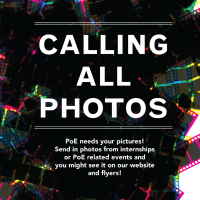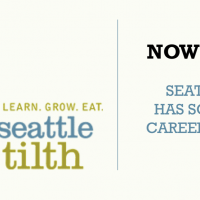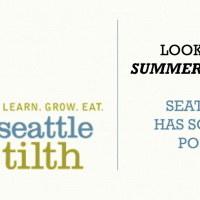1) ENVIR / COM 418 – Communication and the Environment
**This course counts towards Human/Social Dimensions**
2) POL S 335A – Poverty and Hunger in the World Food System (Professor Adrian Sinkler)
Please note: This course will be available for registration to non-POLS students beginning Period 2 (Monday, March 5 at 6am).
**This course counts towards Policy & Decision Making and/or International for Perspectives and Experiences**
Poverty and hunger are mostly rural phenomena around the world, and though the poor in “developed” countries also have limited access to food markets that negatively impacts their nutrition and health, those who suffer the most from this lack of access are (ironically) farmers and pastoralists in the developing world. In this course we will cover the main theoretical debates concerning the best way to address the issues of rural poverty and rural development in Asia, Africa, and Latin America. Does free trade make needed foodstuffs more accessible to the world’s rural poor, or does it contribute to poverty by “crowding out” small farmers? Do Genetically Modified Organisms (GMOs) make it easier for poor farmers to expand their yields and income, or do they lead to high rates of farmer debt and the “fertilizer treadmill?” Will land redistribution to the rural poor increase food sovereignty and security for developing countries, or will it lead to a dangerous decline in the global food supply? Upon taking this course, students will be in a better position to understand the debates behind these questions and formulate their own answers with reference to historical and cross-national data.
3) FRENCH / LIT 228 – The Water Crisis in Literature and Film (Professor Richard Watts)
**This course counts towards Human/Social Dimensions and/or International for Perspectives and Experiences**
We will interpret a variety of documents and objects–novels (e.g., Masters of the Dew), cinema (e.g., Even the Rain), architecture (the fountains of Versailles, etc.) that address the cultural significance of water with the aim of understanding how water’s meaning has changed as we have become more conscious of risks in supply (posed by pollution and natural/man-made scarcity) and as access to it is increasingly mediated (as a result of its privatization, commodification, etc.). While no ten-week course could pretend to give a comprehensive and global view of problem as complex as our relation to water, we will study novels, essays, films and other cultural documents from Western Europe, sub-Saharan Africa, the Maghreb, Southeast Asia, the Caribbean, and North America with a view to understanding the differential distribution of the water crisis and the variety of aesthetic responses to it.




